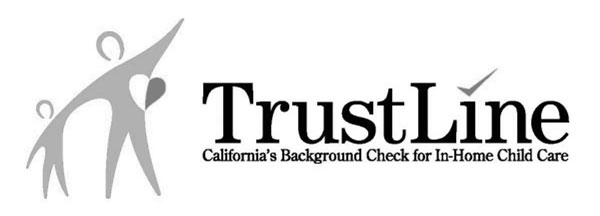Reference checks are one of the most critical components of the hiring process.
They can help household employers confirm information from the candidate’s resume and offer additional critical insight into who they are as a person, as well as information about their skills, knowledge, and work history.
References are often one of the best methods to gather information about the interviewee. In fact, the people you talk to may be the only source – other than the candidate – to provide first-hand knowledge of the applicant’s strengths, skillset, and overall work performance.
While it’s not a requirement, our team at Household Staffing highly recommends talking to the references listed on your employee candidate’s resume.
Effective Reference Interviewing
There are a few things to keep in mind when you start conducting reference checks.
First, be sure to set aside some time – don’t do it when you’re busy multitasking. If you are making phone calls, block off a section of time during your day in a quiet place to talk to the person.
Next, come up with a list of direct, open-ended questions. Asking only ‘yes’ or ‘no’ questions will likely not yield the information that you need or give you the understanding you need into the candidate’s skills, experience, or abilities.
It’s important to keep in mind that it’s usually a legal ‘no-no’ to ask for personal information about the candidate, such as their marital status.
Do some research on whether there are legal implications for what you can ask a reference, so you are sure to stay within the guidelines.
Some common questions are:
- How would you rate the person’s ability to handle stressful scenarios?
- What were the candidate’s primary strengths in their working role with you? -How would you describe the person’s ability to deal with conflict?
- How would you describe the applicant’s personality?
- Would you recommend the candidate for this position?
It’s also okay to ask the reference to provide any additional details that they feel are pertinent to the job.
Verifying Work History and Reliability
During the interview process, ask the candidate to verify the work history on their resume. Look at how long they were employed at each place, too – this often determines how reliable they were in their role and demonstrates their commitment and work ethic.
When you talk to each reference, it’s okay to ask specific questions about the employee’s dependability and trustworthiness.
Some common questions are:
- How reliably did they meet deadlines and commitments?
- Could you describe their attendance and punctuality record?
- Did they follow through on tasks without needing frequent reminders?
- Were they transparent about mistakes or challenges they encountered?
- Can you tell me about a situation that demonstrated their honesty and ethics?
Talking to someone who has real experience – either personally or professionally – about the individual’s loyalty and ability to commit is eye-opening and can give you a real glimpse into how they will invest (or not) in their role with you.
Working with a reputable agency like Household Staffing will help immensely. We screen each candidate and do not introduce household employee candidates that we wouldn’t place in our own homes!
In addition, if you do choose a candidate that doesn’t end up being the right fit, there’s no need to fret. We will replace a candidate for any reason if your guarantee is still valid. Our 98.7% retention rate speaks for itself – and that’s something you can rely on!

How to Handle Red Flags: What If They Lied?
Most of the time, your gut feeling is right. So, if there are red flags during an interview, or you have the sense that the candidate you are talking to or interviewing isn’t going to fit the role, that’s okay.
Listen to that feeling and move onto the next candidate. Honesty is important and if the person lies during the interview, it likely isn’t a good sign.
If you find out that they lied about something, it’s okay to ask for clarification on that particular point – if you feel it is worth pursuing. If not, it’s okay to move onto the next candidate.
Having someone working in your home means welcoming them into an intimate and sacred space. Integrity and honesty are paramount, and you need to be able to fully trust the people in your home.
Honesty and respect are the cornerstone of a strong and long-lasting working relationship, too – and getting started on the right foot is critical.















